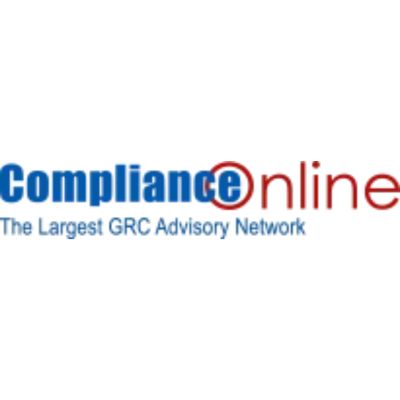Writing and implementing a Standard Operating Procedure

Start
Mon, 7 Feb 2022, 15:30
End
Tue, 8 Feb 2022, 23:30
WebSite
Venue:
Exhibit
Symposia
Workshops
Organiser
Sponsor
This seminar will describe the requirements, the dos and don’ts commonly performed by laboratories, the writing of a Standard Operating Procedure (SOP), and ways to ensure that it is followed, up to date, and archived properly.
The SOP is one of the core elements within a compliant laboratory. Any action in the laboratory must be done by following an SOP, no matter how common or seemingly trivial the action might be. Under GLP or ISO 17025, the SOP must guide those doing the tasks in such detail that there are no chances of unacceptable variation, any chance of a non-compliance. This is a very high bar to meet.
A poorly written and followed SOP is one of the most common non-compliances that an auditor finds. If you are a laboratory worker, a supervisor, or manager of a laboratory seeking or under GLP or ISO 17025, you should know how to create and maintain a good SOP. Will your SOPs pass an audit or will they become a non-compliance corrective action?
An SOP is a meticulous step-by-step description of how to do a task that leaves no chance for errors and divergence. Writing a good SOP is not an easy job. It requires a firm understanding of the task to be described, an ability to describe in specifics that are unique to that laboratory. Writing, implementing, maintaining, assessing, and revising an SOP are all different and necessary jobs. Many people must continuously be involved in these steps. The individual roles will be described for each.
Learning Objectives:
Upon completing this course, participants should:
- Know the roles within the laboratory of each individual in creating, implementing, monitoring, training, documenting, and updating an SOP.
- Understand how the tasks in a methodology define the structure and detail in the SOP.
- Understand the interrelationship of SOPs and how to incorporate those into a method SOP.
- Know a cross-training approach to assess possible variation.
- Know how to implement updates and when to changes are sufficient for a revalidated new version of the protocol.
- Know the requirements and possible protocols for archiving.
Who will Benefit:
This course is aimed at those working in laboratories that must comply with Good Laboratory Practice or ISO 17025, especially those whose results are to be reported to the US Food and Drug Administration (FDA), the US Environmental Protection Agency (EPA), and the US Occupational Safety and Health Administration (OSHA). The various roles:
- Managers and supervisors of the laboratory
- Quality officers and internal auditors
- Scientists and research associates
More events

Sat, 20 Apr 2024 - Sun, 21 Apr 2024

Mon, 22 Apr 2024 - Wed, 24 Apr 2024

Mon, 22 Apr 2024 - Tue, 23 Apr 2024

Tue, 23 Apr 2024 - Thu, 25 Apr 2024

Tue, 23 Apr 2024 - Thu, 25 Apr 2024

Wed, 24 Apr 2024 - Fri, 26 Apr 2024

Thu, 25 Apr 2024 - Sat, 27 Apr 2024

Fri, 26 Apr 2024 - Sat, 27 Apr 2024


Wed, 1 May 2024 - Fri, 3 May 2024














